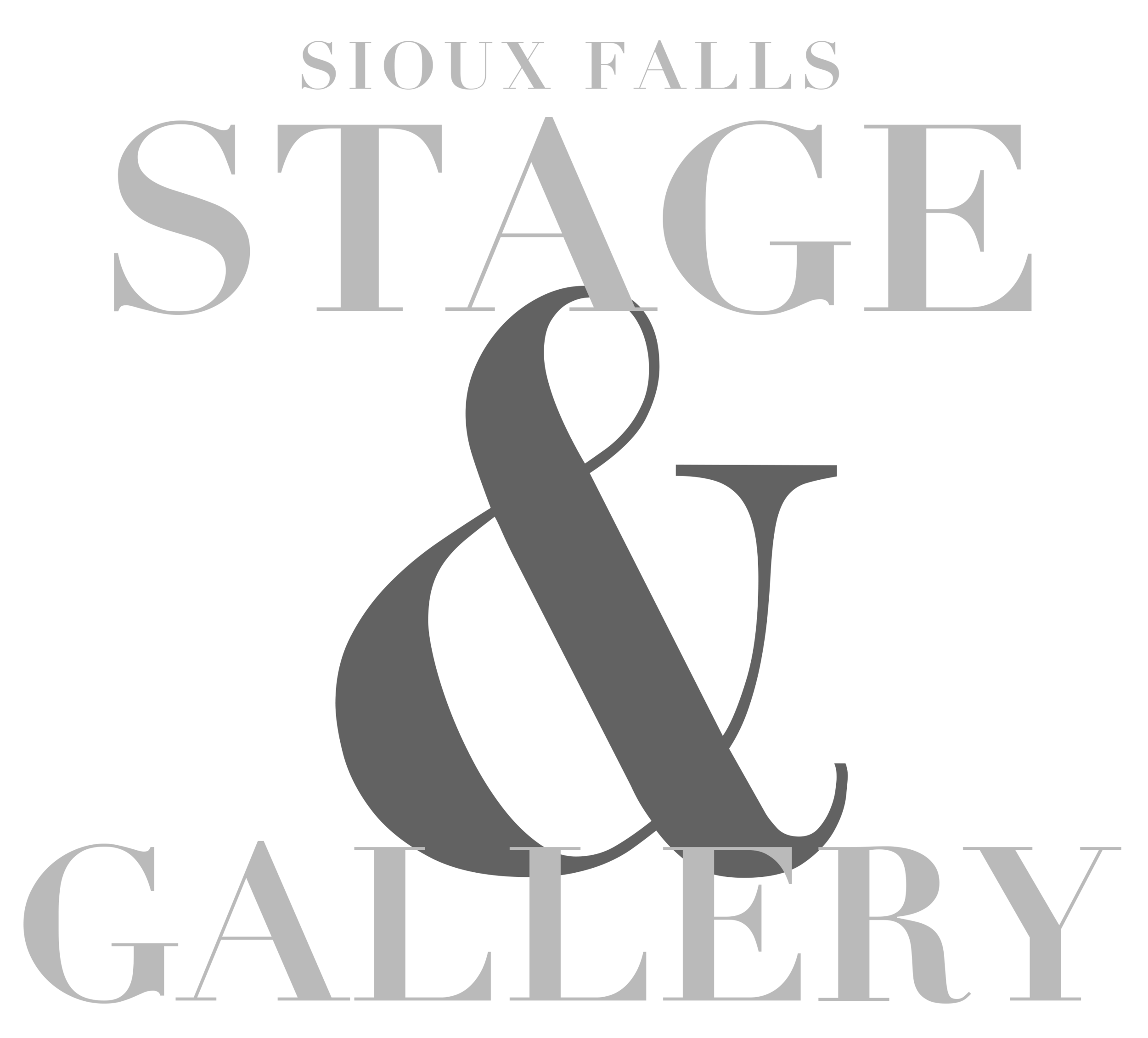Next Generation: Abby Holmes
Contextualizing art can be an art unto itself, and it’s something that checks the right two boxes for one Sioux Falls theatre student. University of Sioux Falls (USF) attendee Abby Holmes has found a passion for dramaturgy at the intersection of performing and history, and she’s not looking back… well, colloquially, at least.
Abby Holmes
“I’ve always been a history nerd, and I fell in love with classic movies,” Holmes said. “I wanted to know what made them that way and made them timeless, so I kind of dove into the actors themselves, what was their upbringing that brought them to that point—and then I also love anything to do with the costumes, why certain productions made certain choices.
“I just love how everything had a time and a place and, whether or not it’s still relevant to today’s age, I just love that everything had a reason—it’s just so satisfying in that way.”
Holmes herself grew up in an area where one might assume theatre opportunities are hard to come by. Bruno, Minn., with a population of 54, was where the young artist called home in her childhood, and it was a community education program where she found her passion for performance.
“I started out with Peter Pan, and then from there my mom just kept sending me every summer. It was a weeklong theatre camp,” she said. “As I got older, you could be invited to join the bigger community ed production—a three- to four-month-long process. So when I was about 10 I joined that and, at the time, I was at an elementary school that didn’t have an arts program. And when I transferred to high school, they didn’t have an arts program. So I dual-enrolled at the public school and continued with community ed productions.”
Adopted as a baby, Holmes was an outlier when it came to being an artsy kid, growing up in a family of mostly farmers. “I’ve definitely always been an outlier in a good way—no one has ever made me feel not wanted in that way. My brother and sister played sports. My parents always loved the arts, they loved singing and all the things that are included with that, but they have deemed themselves ‘not good at it,’ so they never did it themselves but supported me in every way.”
Thankfully these early experiences and the support system in her childhood home served her well when she decided that USF would be her next educational home. She’s been afforded varied experiences from the faculty, including on- and off-stage roles.
“I think my most notable tech role was being involved in Ruby, written by Greta Smith,” she said of a student written and directed production in 2021. “I was the stage manager for that. That was one of my prouder moments behind the scenes, because it was one of the first big roles I had taken on.
“On stage, I was really proud of the achievement of the Curious Incident (of the Dog in the Night-Time) cast. I’m not a character actor in any way, and I don’t do voices or accents. So when it was asked of me to do a British accent, I was terrified. But I managed—it worked, and I got compliments. So I think performance-wise, I was out of my comfort zone, but it’s definitely something I can look back on and be proud of.”
Her performing arts journey has also taught Holmes how powerful a field like theatre can be in not only creating better, more well-rounded human beings, but also making art more accessible for kids of all backgrounds.
“I love being on stage for girls that look like me,” she said. “I know that growing up I wanted to see someone that looks like me. My favorite musical growing up was the Rodgers and Hammerstein Cinderella with Brandy, and I was like, ‘oh my gosh—she looks like me, she has my hair,’ so just to be a representation for girls like me, especially in the Midwest and up north… sometimes that’s all girls need to see to see themselves in the role.”
And just as Holmes builds her own history in the arts, she hopes to keep dramaturgy and the “why” of theatre top of mind.
“History is probably one of the subjects that most people don’t like when they’re growing up,” she said. “In theatre, they might get a historical context they didn’t expect. I also think theatre presents itself in a way where people can go home and do their own research about it. It puts things out there and makes people think about common or lesser-known historical events and gives people a starting point.
“I would love to belong in a company where I can do dramaturgy to my heart’s content. It’s where my true love resides.”


